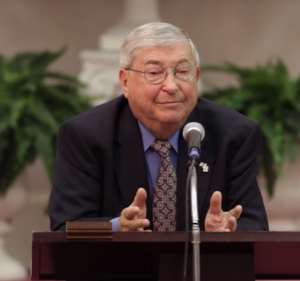Reading Reflection, Chapter 6- Unwelcome Strangers
This chapter especially resonated with me because as I began reading it, it reminded me of the story of a Holocaust survivor that I had the opportunity to hear speak. I listened to the story of David Mermelstein, a man who witnessed the occupation of his home in Czechoslovakia by the Germans and then Hungarians in 1944. He told me of how he was only fifteen and he and his family were torn apart and he was deported to Auschwitz- Birkenau. He walked the same railroad tracks mentioned at the beginning of the chapter which is what jogged my memory of his story.
David witnessed many men kill themselves by grabbing onto the electric fences because they would rather die than work to their death. His older brother, who was also at the camp with him, asked David never to do something like that because it would be aiding the Germans in their mission- and David promised he would fight to survive.
He told my group of the conditions in which he lived and how he managed to survive. The work camp he was at treated them very poorly especially in regards to food provided. I remember him telling me of how in the mornings all they were given was a black cup of coffee, then maybe at lunch time they would receive a soup with a piece of potato in it if they were lucky, and then “dinner” was a piece of bread that was hardly considered bread as he described it as a, “black gooey mass”. Many of them got very sick from the lack of nutrition they got from a diet like this.
He spoke to us for an hour of his story and it was extremely inspiring and interesting! As my reading of the book goes on I may be back to relate it to David’s story.
Maegan


One of the ethical questions of the war experience, especially for religious people, is that of suicide. Was it ever okay? Was it a victory for the individual–a way to die when and where one wished? Was it a victory for the state–the end to one more mouth to feed?